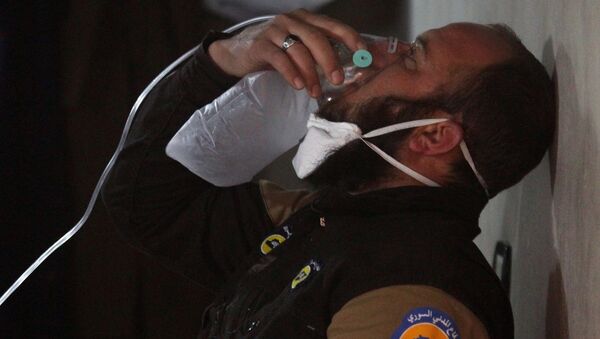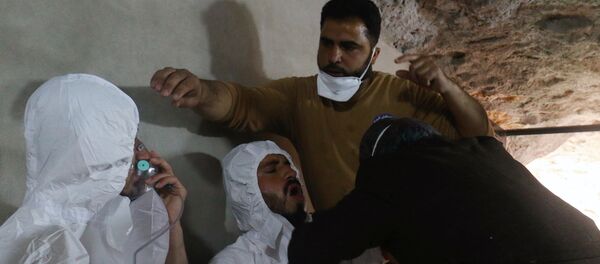"The fact-finding mission has not visited either Khan Sheikhoun, the alleged place of usage of chemical weapons or Ash Sha’irat airbase … therefore there are many omissions or gaps in the text of the report itself… The team was unable to establish what actually had happened in Khan Sheikhoun," Shulgin told the RT broadcaster in an interview following an extraordinary session of the executive council of the OPCW where the report was discussed.
On April 4, the National Coalition for Syrian Revolutionary and Opposition Forces, supported by the United States, blamed Damascus for the Khan Sheikhoun incident that killed 80 people, including children, and injured 200 more. The Syrian army strongly rejected the accusations and laid the blame on local militants. The Syrian authorities said that they had never used chemical weapons against civilians or terrorists, and that the nation's entire chemical arsenal had been destroyed under the control of the OPCW.
Reacting to the incident, Washington, which had not presented any proof of chemical weapon use by Damascus, launched 59 cruise missiles at the Syrian governmental military airfield in Ash Sha’irat on April 7.
On April 21, Syrian President Bashar Assad told Sputnik that there was no chemical weapon attack in Idlib, adding that the reports were a false flag and a fabrication which was supposed to justify a US missile strike on the Syrian airbase.



